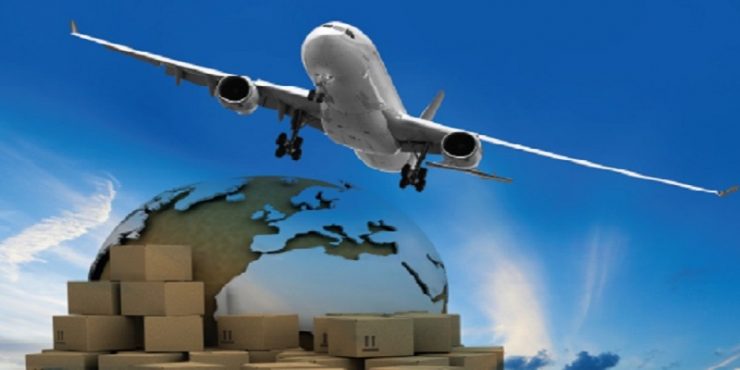EFFORTS to provide bank and non-bank financing institutions need to be made to support the air transportation sector to continue to develop sustainably after the pandemic.
According to the Chairman of the Air Law Society, Andre Rahadian, the development of domestic financial institutions, both banks and non-banks, is necessary, but there are still obstacles. One of them is the capacity of the national banking system to assess assets from the air transportation sector as expensive. Therefore, national companies have not concentrated on asset-based financing.
“In addition, there is no mechanism for domestic financing that allows national and non-bank banks to participate in asset-based financing for companies under the transportation sector,” he said, Thursday (11/11).
Despite facing these challenges, he believes that the existence of a standing committee on national transportation laws and regulations at Kadin aims to bridge the gap so that national regulations are in line with existing international conventions. Therefore, it is hoped that there will be a number of policies that can be translated into ministerial decisions or at the operational level in the air sector.
The transportation sector is one of the sectors most affected by the COVID-19 pandemic. The existence of restrictions on population movement to break the chain of transmission of the COVID-19 virus has made the number of passengers in the transportation sector decline sharply. As a result, transportation operations are also reduced, causing revenue or income in the transportation industry to decline.
Although heavy, the transportation industry continues to operate on a limited basis in order to maintain the sustainability of national connectivity for both passengers and goods as well as to maintain the sustainability of the national economy.
Coordinating Minister for the Economy Airlangga Hartarto also said that the transportation and warehousing sector is a solution provider for other sectors such as tourism, manufacturing, trade. Therefore, synergy with various other sectors is needed so that the transportation sector can recover and develop again as before the COVID-19 pandemic so that the national economy can also recover faster.
“The government has provided various stimulus for transportation and warehousing, among others, to help cash flow and prevent the wave of layoffs. With the better handling of the COVID-19 pandemic, we hope that the economy will also improve so that the transportation sector business can increase,” he said.
Meanwhile, the Chairman of the Indonesian Chamber of Commerce and Industry (Kadin), Arsjad Rasjid, stated that the Indonesian Chamber of Commerce and Industry would always assist the Government in seeking ways to restore the transportation and warehousing sectors, which are currently severely affected by the COVID-19 pandemic.
“Kadin can be a partner of the government to provide input, thoughts, and fresh ideas from Kadin’s side. The point is that investment in the transportation sector returns to being bankable and attractive,” he said.
Likewise, the Director General of Civil Aviation Novie Riyanto also highlighted that aircraft rental has become a huge expense and cannot be met by transportation operators.
He also supports breakthrough solutions for improving transportation in Indonesia, so that transportation capacity will remain guaranteed to support the rebound of the national economy. [bisniis.com/photo special]
















